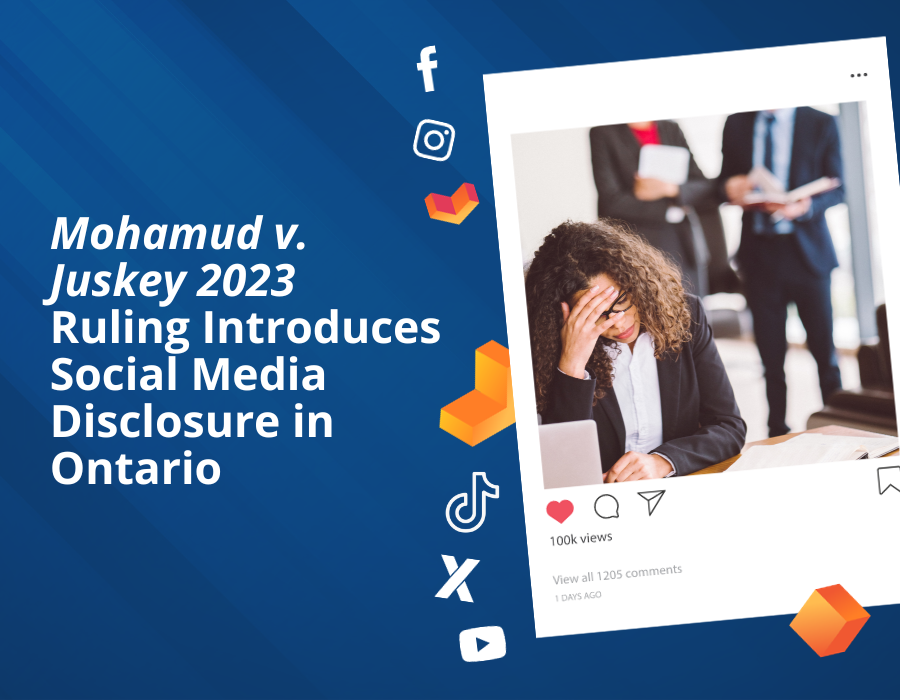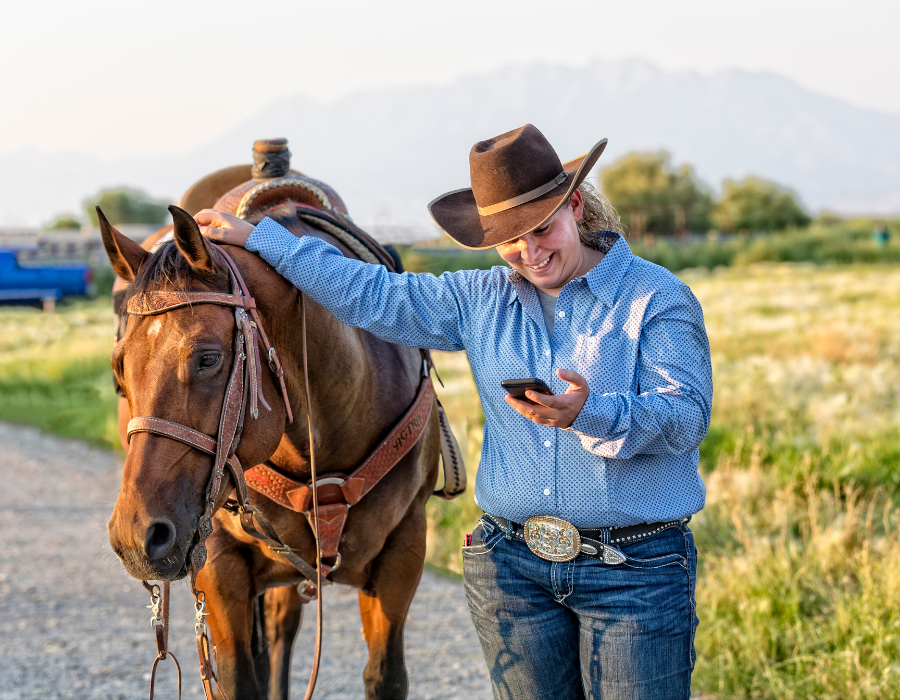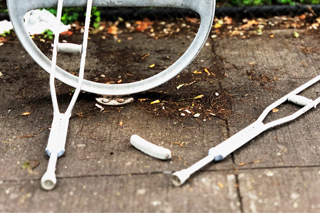Facts
In a California federal personal injury case, the plaintiff alleged that while attempting to buy a ticket aboard the defendant’s train, she was denied purchase and subsequently fell down the stairs, sustaining injuries to her back, shoulder, foot, and ankle. The defendant requested all social media content and photographs from one year before the accident through the present. The plaintiff objected, arguing that the request was overly broad and burdensome.
Ruling
The court rejected the plaintiff’s objections and granted the defendant’s motion to compel. It ruled that the social media production request was appropriately limited in scope and directly relevant to the plaintiff’s physical condition. The judge noted that, when serious injuries are alleged, a one-year window pre- and post-incident is a reasonable period for gathering social media evidence. The court emphasized the probative value of posts that may contradict claims of physical impairment or emotional distress.
Key Takeaways
- In California, federal courts will enforce full social media disclosure when the content is relevant to alleged injuries.
- A one-year range before and after an incident is often deemed reasonable for discovery in personal injury claims.
- Objections based on burden or scope may be overruled if the request targets content tied to the plaintiff’s physical condition or activities.
- Time to comply with production orders is generally tight, often in a matter of 1 or 2 weeks.
Final Thoughts
This California ruling reinforces the role of digital content as a valid evidentiary tool in personal injury litigation. Courts continue to push for transparency when plaintiffs allege serious injuries and defendants seek to assess those claims through online behavior. Attorneys must proactively advise clients on the risks of unchecked social media exposure. Leveraging tools like Private Footprint can help law firms securely analyze and respond to disclosure demands- without falling into procedural traps or missing critical deadlines.
Private Footprint Keeps You in the Know
Your clients’ social media activity may be a goldmine or a minefield, but accessing this content, organizing it chronologically, and producing it in a usable format is exceptionally burdensome on legal team. Private Footprint was developed by Personal Injury attorneys to help plaintiff-only law firms avoid the Discovery/Deposition Surprise and gain clear visibility into their clients’ social media activity to protect and increase the value of their files. We’re also enabling paralegals and legal assistants to produce client social media reports in minutes, not hours. All this for only $100 per client (plus taxes), invoiced as individual receipts itemized for ease of tracking disbursements. No hidden fees, no subscriptions, no surprises.
Request a Demo to learn more about Private Footprint and how you can start protecting the value of your files.













































